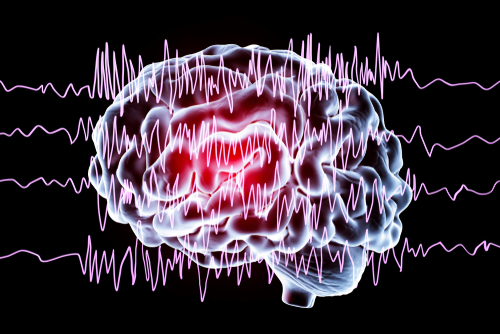Traumatic brain injury (TBI) is a common medical condition that, according to the Centers for Disease Control and Prevention (CDC), affects approximately 2.8 million Americans each year. The American Association of Neurological Surgery explains that TBI “is a disruption in the normal functioning of the brain that can be caused by a blow, bump or jolt to the head, the head suddenly and violently hitting an object or when an object pierces the skill and enters brain tissue.” The brain is the most complex organ in the body, and when it suffers a trauma the initial effects are largely unknown, while the potential long-term effects could be dire. There are, however, a variety of treatment options available for individuals who have experienced a TBI.
In order to properly treat a TBI, medical professionals must classify TBIs as mild, or moderate to severe by considering a variety of factors (e.g. whether the injury caused unconsciousness, the duration of loss of consciousness, severity of symptoms…etc.). Unlike diagnosing moderate to severe TBIs, diagnosing mild TBIs is notoriously known as a difficult feat, as the acute signs and symptoms that present with mild TBIs often resolve rapidly, and further, it is not uncommon for typical neuroimaging to lack objective evidence of injury. There are different symptoms that could occur as a result of a TBI that are dependent upon on the TBI classification (e.g. mild or moderate to severe).
Symptoms
In order to glean a deeper understanding of how TBIs present, it is helpful to understand the possible symptoms as they relate to mild TBIs and moderate to severe TBIs. The National Institutes of Health (NIH) has provided the following examples of potential symptoms that could manifest as a result of TBIs:
- Symptoms of mild TBIs (also referred to as concussions)
- Confusion
- Lightheadedness
- Headache
- Blurred vision
- Dizziness
- Tiredness and/ or sleepiness
- Tinnitus: ringing in the ears
- Behavior and/ or mood changes
- A bad taste in the mouth
- Sensitivity to light and/ or sound
- Trouble with memory, attention, thinking and/ or concentration
- A change in sleep habits
- Nausea
- Vomiting
- Symptoms of moderate to severe TBIs
- Loss of vision in one or both eyes
- Persistent, worsening headache
- Slurred speech
- Continued nausea
- Inability to wake up from sleep
- Repeated vomiting
- Numbness or tingling of arms and/ or legs
- Enlargement of the pupil of one or both eyes
- Loss of consciousness lasting a few minutes to hours
- Increased confusion
- Lack of coordination
- Agitation
- Restlessness
Please note, the above list includes the most common examples, and does not thoroughly include all possible TBI symptoms. Every individual is different, and each person that suffers from a TBI will experience a unique combination of symptoms. The symptoms that manifest as a result of a TBI will each have varying levels of severity and will likely last differing lengths of time.
For Information and Support
If you are concerned for yourself or a loved one in regards to substance abuse and/ or addiction we recommend reaching out for help as soon as possible. If left untreated, substance abuse can result in long lasting and potentially life-threatening consequences. Keep in mind: you are not alone! There is an entire network of professionals that are available to help and support you and your loved one throughout the recovery process. The earlier you seek support, the sooner your loved one can return to a happy, healthy, and fulfilling life.
Please do not hesitate to reach out with any questions regarding our specific program at Haven House Addiction Treatment and/ or general substance abuse and/ or addiction treatment related information. Our highly trained staff is readily available to discuss how we might best be able to help you and your loved one. We can be reached by phone at 424-258-6792. You are also welcome to contact anytime us via email at admissions@hhtxc.com.



